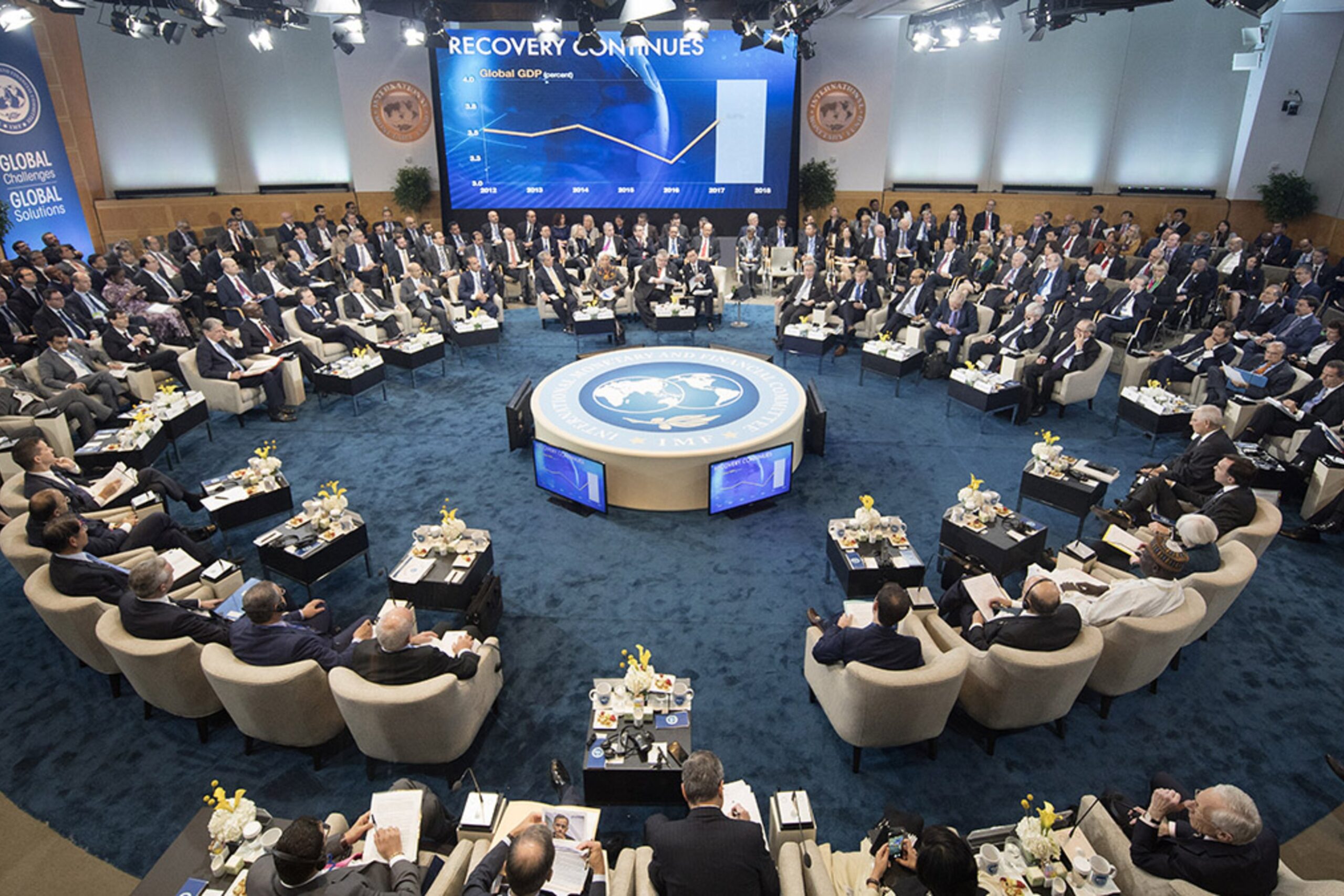Moti Group plans for $1bn African lithium powerhouse
In a site spanning 10,000ha in the northeast of Zimbabwe, the Moti Group has announced ambitious plans for a new lithium mining and processing operation with a value of US$ 1 billion.
Managed through subsidiary company Pulserate Investments, the group hopes to see the mine quickly surpass the well-known 1,539ha Bikita Minerals lithium mine in southern Zimbabwe, which produces about 60,000 tonnes of lithium and caesium ore per year.
Leading the project is the Moti Group’s new CEO Dondo Mogajane, the former director-general of the National Treasury, who joined the organisation in July last year after an illustrious 23 years spent in the public sector.
The Moti Group is a private investment holding company with interests spanning industries from property, aviation, transport and logistics to mining and mineral beneficiation. Mogajane has been extensively involved in formalising the group’s organisational structure and governance processes over the past few months.
Now, working closely with executive director Mikaeel Moti, he has begun executing his long-term strategy, expanding the group’s portfolio through new acquisitions and developments in high potential industries such as renewables.
As the home of the world’s fifth-largest lithium reserves after countries such as Australia and the “lithium triangle” of Argentina, Bolivia and Chile, Mogajane says the project will help to secure Zimbabwe’s position as a major partner in the global green energy race. The project also marks a key milestone for the group in its quest to becoming a leading black-owned mining player and aims to support the country’s economic revival and social development.
“The Moti Group has always been fairly small in terms of its operations, while boasting an outsize footprint and turnover. But the core of our business is mining and mineral beneficiation, and we hope to use this new project to truly put our name on the international map,” he says.
“This project will also act as an important economic contributor in the region, helping Zimbabwe to realise the full benefits of its mining prospects.
“Given its history, people still maintain a negative view of the country, but it’s time to break with the past. It’s time for African businesses to lend a hand in helping to change the Zimbabwean narrative by helping to realise its opportunities for growth and development, which is something we feel this project exemplifies.”
Powering electric vehicles
The potential of the venture for both the country and for the Moti Group is clear. Dubbed the new “white gold”, lithium is the lightest metal in the world, and is commonly used to power electric vehicle (EV) batteries. As a result, the precious metal has become the focus of a new global gold rush as countries seek to reduce their reliance on harmful fossil fuels and make the switch to an electric future.
Some 8kg of lithium is required on average for each EV battery, and as demand for EVs ramps up, lithium has likewise experienced exponential growth.
Demonstrating the meteoric rise in demand, the International Energy Agency reveals that just 120,000 EVs were sold globally in 2012. By 2021, more than 120,000 were sold every week. And last year, one in every seven passenger vehicles sold was an EV.
As a result, in the decade between 2012 and 2022, average lithium carbonate prices soared from about US$6,000 per metric ton to $37,000, peaking at a record of over US$70,000 a tonne in China.
Furthermore, in a 2°C climate change scenario, the globally accepted upper-limit goal for capping rising temperatures, demand for EVs will be so high that the World Bank estimates that lithium production will need to increase by nearly 500 percent by 2050.
Harnessing the benefits of this boom, Mogajane says the Moti Group is already at an advanced stage of discussions with a major Chinese battery manufacturer that boasts a 37 percent share of the global EV market, with clients such as Tesla and BMW on its books. Likewise, the Moti Group has been carefully working through regulatory processes to ensure that it fulfils all national and international requirements.
For example, after the Zimbabwean government’s decision to pass the Base Mineral Export Control Act in December last year, banning the export of raw lithium, the Moti Group and its partner intend to establish a local processing plant.
Job creation will remain a priority at every stage of the venture, from the mineral exploration stage to mining and even setting up a lithium battery manufacturing plant Dondo Mogajane, CEO of the Moti Group
“Simply extracting the ore and sending it to China in containers is not sustainable in driving socioeconomic development. Instead, one of our immediate focuses in the region is on job creation, which will remain a priority at every stage of the venture, from the mineral exploration stage to mining and even setting up a battery manufacturing plant,” says Mogajane.
“As an African business, we see it as our obligation to ensure that our operations our sustainable. This means supporting communities through employment and doing our part to help deliver vital infrastructure for education and health care. Discussions are at an advanced stage with Zimbabwean authorities to begin rolling out new schools and clinics in the area with our African HERO project, which uses recycled and renovated shipping containers equipped with solar power, water systems and the relevant technologies.
“Furthermore, we believe there is enormous economic benefit potential for the Zimbabwean government through the relevant taxes and duties. If you consider that each tonne of lithium is worth between US$30,000 and US$70,000, and that between 8 percent and 12 percent of this will be paid to its tax authorities in the form of taxes and tariffs, then the mine represents a huge source of much-needed revenue for its government to boost development.”
For Zimbabwe, a country still reeling from the catastrophic economic damage wrought during the 1990s and 2000s, this lithium revenue could be the lifeline needed to place it back on a more positive growth trajectory — especially amid ongoing sanctions.
“In addition to the time I’ve spent at the National Treasury, I’ve had over 15 years of experience in the international finance world and at the World Bank, so I understand what Zimbabwe needs to rejoin the global stage. From a humanitarian perspective, the country urgently needs investment and development — any small contributions can go a long way,” he says.
“It is time for all African countries and businesses to work together to change the way in which Africa is seen. Africa has an exciting growth story to tell — Europe, Asia and North America have had their chance. We have the people and the natural resources — it’s simply time to put them to work.”
-ebusinessweekly









